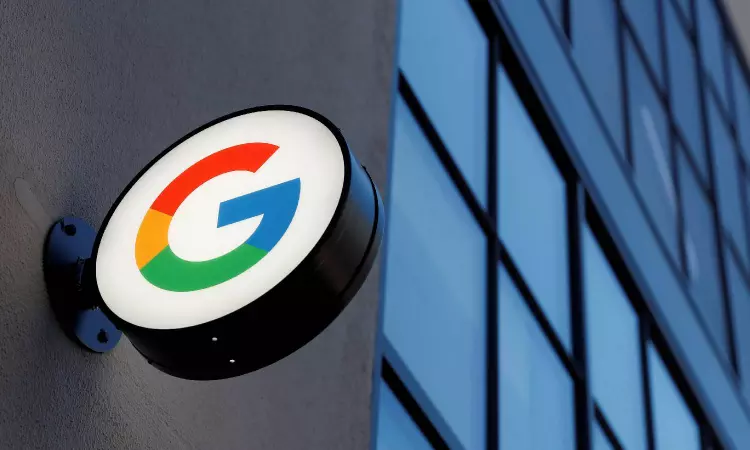Islamabad, Feb 31: Sergey Brin, the co-founder of Google and one of the wealthiest individuals in the world with an estimated net worth of $144 billion, is pushing for a major shift in workplace dynamics at the tech giant. Brin is urging Google’s engineers to return to on-site work five days a week, arguing that in-person collaboration is essential for improving AI models some of which could ultimately automate the very tasks these engineers perform.
Known for maintaining a relatively low profile, Brin has been actively working from Google’s Mountain View headquarters ever since the rise of OpenAI’s ChatGPT, which posed a direct challenge to Google’s dominance in artificial intelligence. In an internal memo obtained by The New York Times, Brin emphasized the urgency of AI development, declaring that the “final race to A.G.I. (Artificial General Intelligence) is afoot.” He encouraged engineers to work as much as 60 hours a week, leveraging Google’s own AI models to enhance their coding capabilities, ultimately positioning them as “the most efficient coders and A.I. scientists in the world.”
However, Brin’s call for intensive AI development presents an inherent contradiction. Generative AI is already being designed to handle large-scale coding and text-processing tasks, potentially reducing the need for human programmers. Companies like Salesforce and Klarna have been promoting AI as a tool to streamline coding, with Salesforce CEO Marc Benioff even suggesting that AI could lessen the demand for new programmers. While AI has proven effective in generating boilerplate code, many experts caution that human engineers remain indispensable for troubleshooting, optimizing, and refining complex codebases.
Despite skepticism, companies may still embrace AI-driven automation to cut costs, as labor remains one of their biggest expenses. Some argue that AI will expand workloads by enabling engineers to build more advanced systems, rather than replacing them outright. Brin’s push for in-person work also reflects a broader industry trend, with tech leaders increasingly advocating for a return to office-based work. Many CEOs have defended this shift by citing increased productivity and justifying the billions invested in corporate office spaces before the pandemic reshaped work culture.
Brin’s approach highlights the ongoing tension between technological advancement and the evolving role of human workers in AI-driven industries. While AI development accelerates, the balance between automation and human expertise remains an open question one that will shape the future of tech employment.









